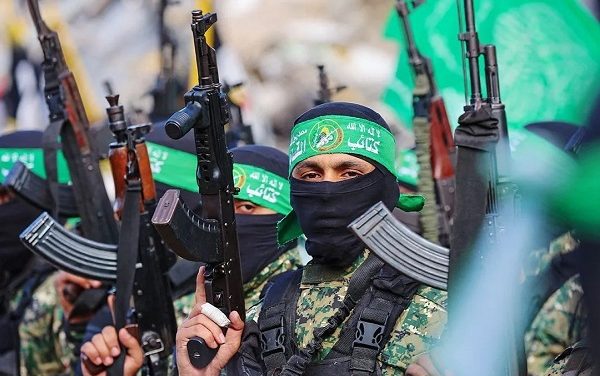Hassan Hanizadeh, in an interview with the website of the Strategic Council on Foreign Relations, noted: Israel has been heavily attacked by unknown hackers in recent months, and some of the hackers from the occupied Palestinian territories were able to gain access to an important part of the top secret information of the regime by penetrating into the most sensitive military and security infrastructures.
Saying that in recent months the international and local hackers were able to paralyze the military and urban service systems and the water and electricity facilities of the Zionist regime for a while, Hanizadeh added: This shows that despite the widespread global propaganda regarding the high power of Israel’s cyber security, the regime is extremely sensitive, weak and vulnerable in this area.
The expert continued: In recent years, the Zionist regime held seven joint cyber exercises with the United States at the Cyber Center of the State of Georgia, but could not achieve acceptable cyber security.
He explained: The Internet infrastructure and cyber domains of the Zionist regime are now completely under the influence of hackers known as the “Rod of Moses”, and Israel’s cyber security devices could not prevent the intrusion of unknown hackers.
Hanizadeh explained: Those hackers were apparently able to paralyze those systems many times by obtaining the passwords of electronic systems related to the military support and civil services and the military warning systems.
According to the expert, the regime has repeatedly claimed that Iranian hackers managed to hack the information of more than 300,000 Israelis, including the former prime minister, the war minister, and the head of Mossad, in several successful cyberattacks in recent years. Also, the results of the analysis show that despite all political and military attempts, the Zionist regime could not form a broad Hebrew-Arab front against Iran.
The expert on Middle East affairs said: Therefore, by exaggerating the risk of cyberattacks by unknown hackers, and in a new deceptive act, the regime is now trying to infiltrate and conduct espionage activities in Arab countries.
He added: All three Arab countries, the UAE, Bahrain, and Maghreb, have never become the target of cyberattacks, but the Zionist regime tries under any pretext to make those countries its partners by exaggerating the danger of Iranian hackers.
According to Hanizadeh, Israel’s vulnerability in cyber security and the failure of the Iron Dome showed that a global and regional front has been formed for non-aggressive and non-military confrontation against that regime.
He added: The authorities of the Zionist regime are very concerned about the expansion of Iran’s spiritual influence in the region and the world; because the regime continues to suffer from political isolation despite the extensive support of the United States and the West, and in recent years there have been at least 12 military confrontations between the Zionist regime’s army and Palestinian fighters in Gaza. Each time the field superiority of the Palestinian fighters has been completely clear.
The expert on Middle East affairs believes that currently, the missile power of the Palestinian militant movements is as such that only 30 of every 100 missiles that target the military points of the Zionist regime are traced and destroyed, and this indicates the inefficiency of Israel’s Iron Dome.
Hanizadeh added: The use of advanced missiles by the Palestinian fighters and the accurate hitting of sensitive military targets deep inside the occupied territories by those missiles proved that the Iron Dome of the regime is not capable of creating stable security for the Zionists. In recent years, Israel has faced failures in both the military and cyber security fields, and therefore has created a wide streaming in the field of Iranophobia among the Arab countries of the region.
Regarding the Zionist regime’s attempt to form a common cyber defense front against what the regime calls confrontation with the Iranian hackers, Hanizadeh said this plan will definitely fail.
Finally, he emphasized: The failure of the plan of the United States and the Zionist regime to form a Hebrew-Arab front against Iran and the Axis of Resistance also proved that many Arab countries do not want to participate in the adventures of the United States and the Zionist regime.










0 Comments